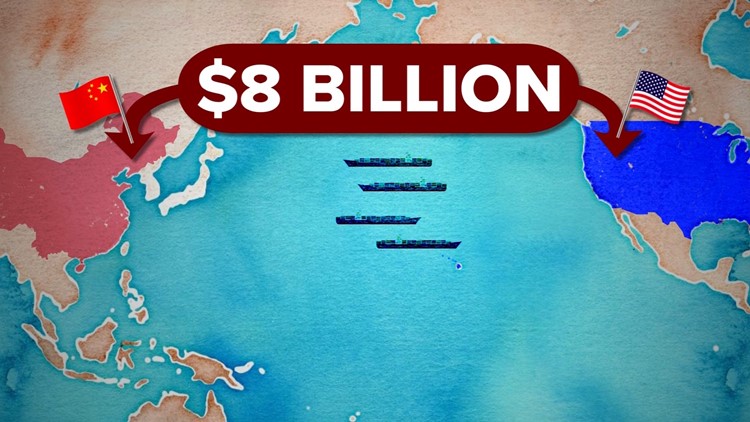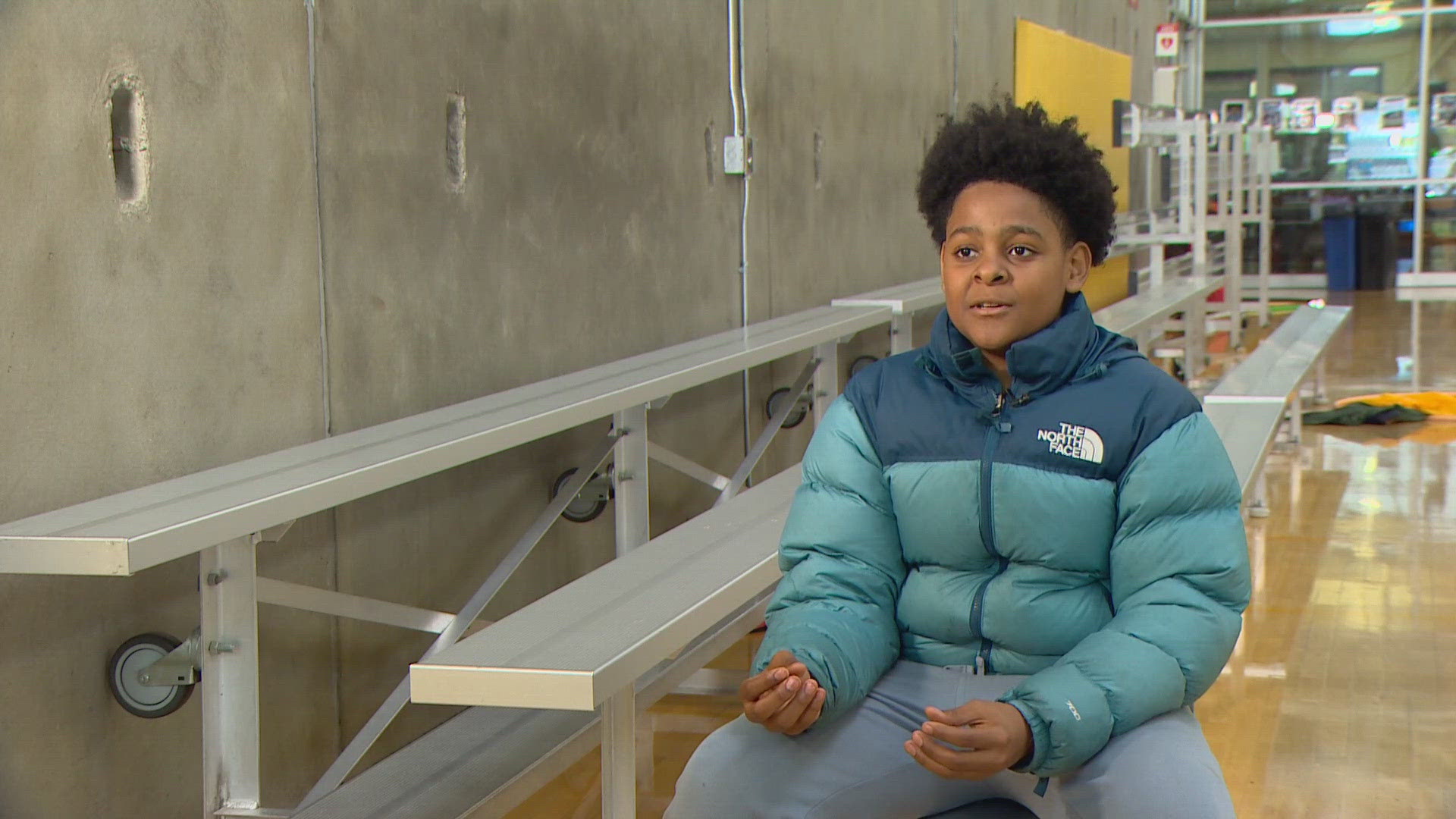President Trump has asked his advisors to examine reentering negotiations on the Trans-Pacific Partnership trade deal that he campaigned against in 2016.
The comments came during a meeting with GOP Senators and governors from the Midwest who expressed concerns about a potential trade war with China.
However, President Trump attempted to tamp down those fears Thursday, indicating progress on negotiations with Beijing.
“There is progress; hopefully we’ll hear some good news in the future,” said Washington Congressman Dave Reichert who chairs the House subcommittee on trade.
“We all agree that China has been a bad actor, that they have taken advantage of the United States and other countries. I think the solution here though is not just for the United States to have a unilateral action, but to really partner with other global economic partners,” Reichert continued.
The possibility of reentering TPP could be part of a larger strategy to put pressure on China, currently not part of the trans-pacific trade deal.
“When the United States enters into discussions with TPP, and hopefully those discussions go well and we come to an agreement, it really places China in the position of raising their standards,” said Reichert.
“If they want to be a part of the Asia Pacific trade economy, they're going to have to rise to the standards of protecting intellectual property rights and lowering some of those tariffs, and actually doing fair trade among their trading partners.”
Earlier on Thursday, Rep. Reichert and other members of the Ways and Means Committee held a hearing on the proposed tariffs. Stakeholders who testified included John Wolfe of Washington’s Northwest Seaport Alliance.
“If we damage our import opportunities, as a result of trade barriers or tariffs, we damage our export opportunities,” said Wolfe, warning that could impact everything from aerospace to apples to Washington cherries.
It’s estimated around 40 percent of all jobs are linked to trade in Washington state, and China remains the region’s top trade partner for both imports and exports. Last year, Washington exported more than $18 billion in goods to China, according to U.S. trade data, with airplanes and wheat among the top exports.
Wolfe said while it’s “impossible to truly estimate the impact of the proposed tariffs,” his initial analysis estimates around $8 billion in two-way trade through Washington’s airport and seaport could be impacted. How that, in turn, could affect supply and demand remains to be seen, but jobs are a big part of the equation.
The American Association of Port Authorities estimates 15,000 jobs are created for every billion in exports shipped through U.S. seaports, meaning $8 billion in business would, in theory, represent 120,000 jobs.



